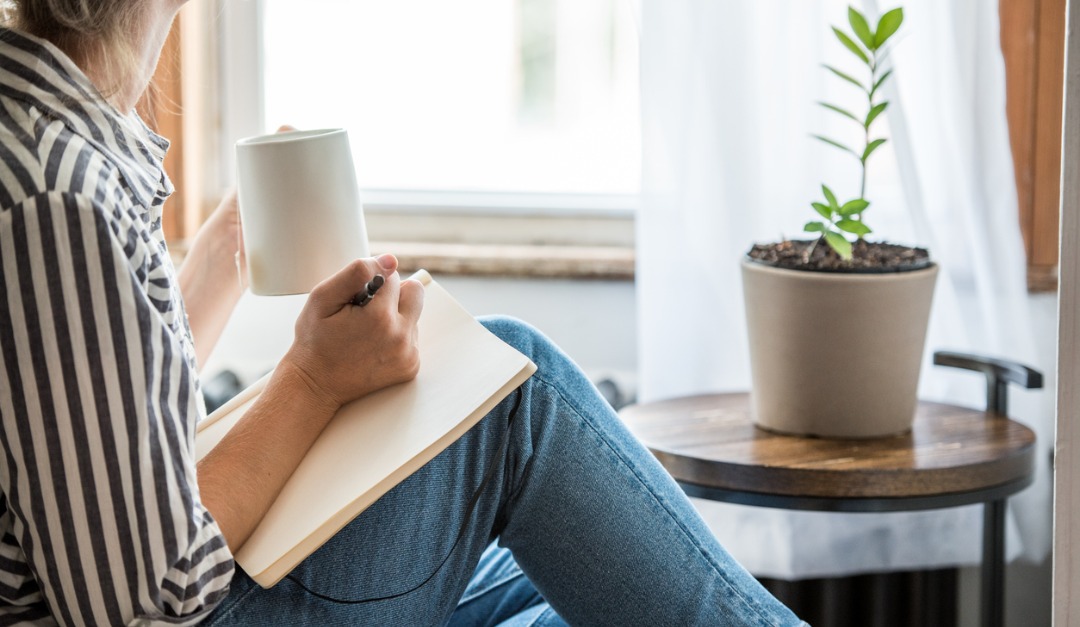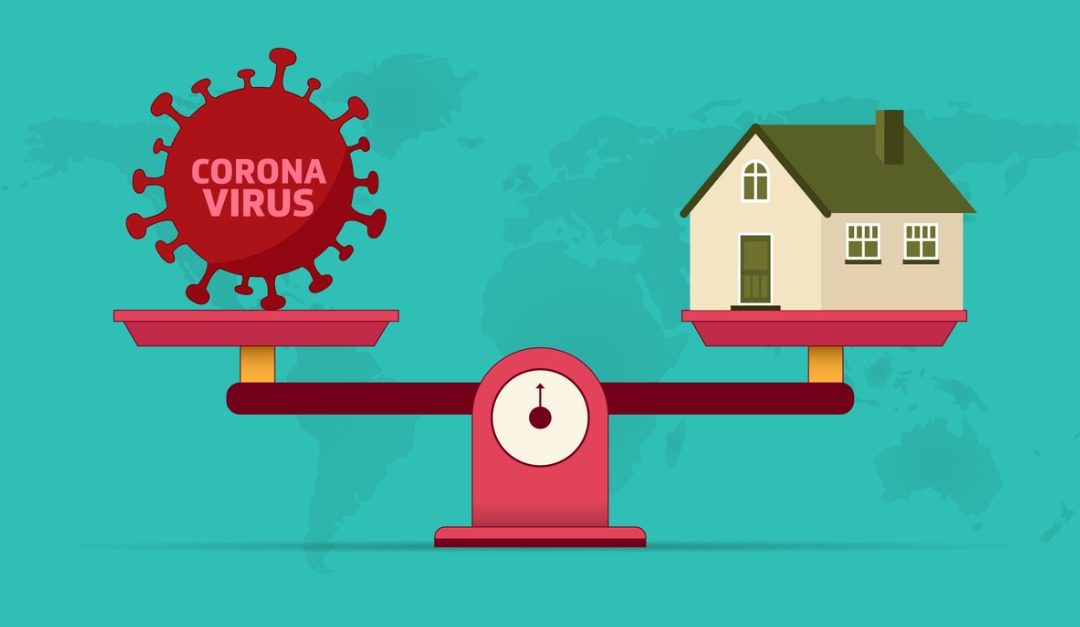The outbreak of the COVID-19 pandemic has caused anxiety for people across the country and all over the world. With fear of this virus looming, it can be overwhelming to try and cope mentally and emotionally, especially with the constant news coverage and current restrictions. Thankfully, there are ways to help those suffering from anxiety and depression, as well as trouble sleeping and increased drug and alcohol use. Here are a few options to help you get through this stressful and uncertain time.
Manage how you consume your news. For reliable updates and information regarding the virus, refer to sources such as the Centers for Disease Control (CDC) and the World Health Organization (WHO). Otherwise, be cautious of not only the sources, but the time you spend watching or reading the news, including social media. Set time limits throughout your day for when and how long you plan to consume this information and be sure to verify any sources, as false information can spread easily and quickly.
Follow your regular routine. Wake up early, as you would for work or school, and get your morning started as if it’s a regular day. If you’re working from home, as many of us are, be sure to get dressed in the clothes you would wear to work. Sticking to your daily routine and habits will help you control your own well-being and mental health.
Stay physically active. While relaxing and binging your favorite shows might be easy during a quarantine, it’s important for your mental health to get up and get moving. Whether you choose to exercise or simply take a light walk, brain chemicals are released during activity that can help reduce stress and anxiety. Online, you can find thousands of free yoga, dance and other workout videos to help keep you motivated and keep your mind and body healthy.
Stay connected with friends and family. With social distancing in place, it can quickly become lonely without the company of loved ones. But just because you aren’t able to host a family dinner or enjoy a night out with friends, doesn’t mean you can’t connect. With video conferencing or even just a simple phone call, you have everything you need to communicate with others, especially in times of high stress, anxiety or loneliness. Reach out to elderly family members for daily check-ins or a friend you know that may be home alone, as they may be feeling anxious as well.
Be mindful and aware of how you feel. It is important to recognize when you are feeling anxious or depressed so you can figure out how to handle it. Many find mental solace in meditation and breath exercises. Yoga is also a great way to practice mindfulness and relaxation while also staying active. There are many apps and online videos to help with meditation and breathing tactics for managing feelings of panic and worry. You can even pick up a new hobby, such as journaling, drawing, reading or cooking to help de-stress and distract your mind.











